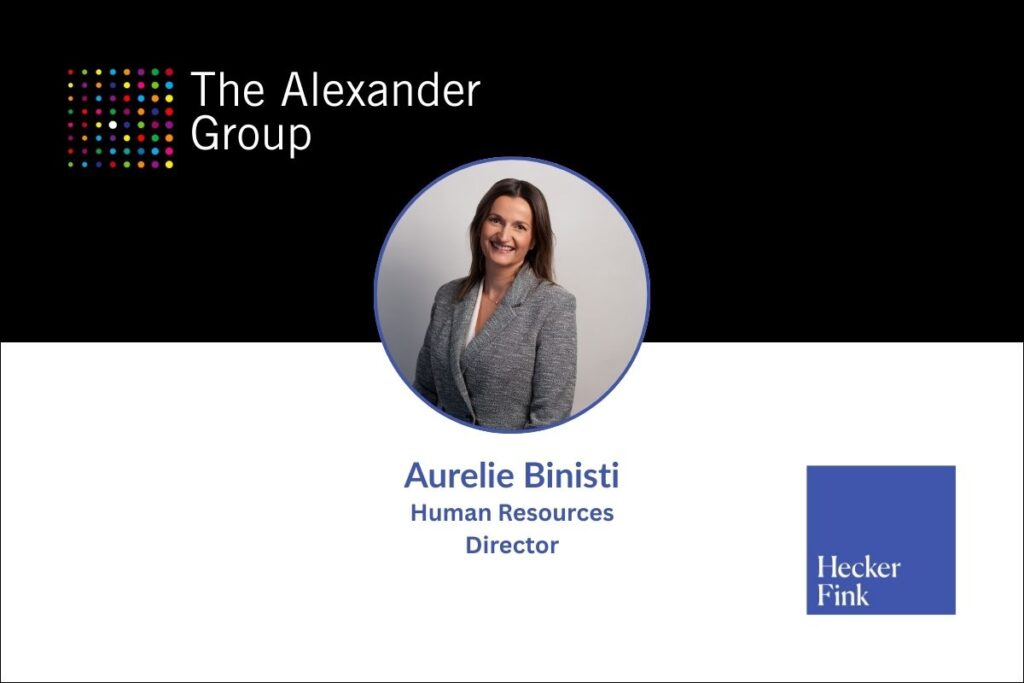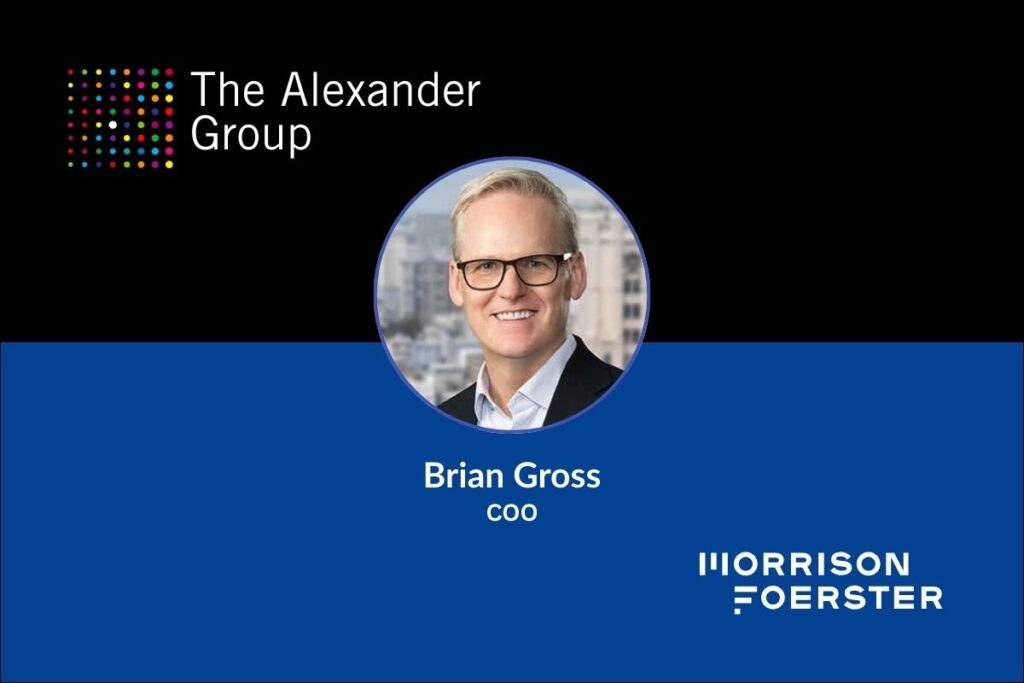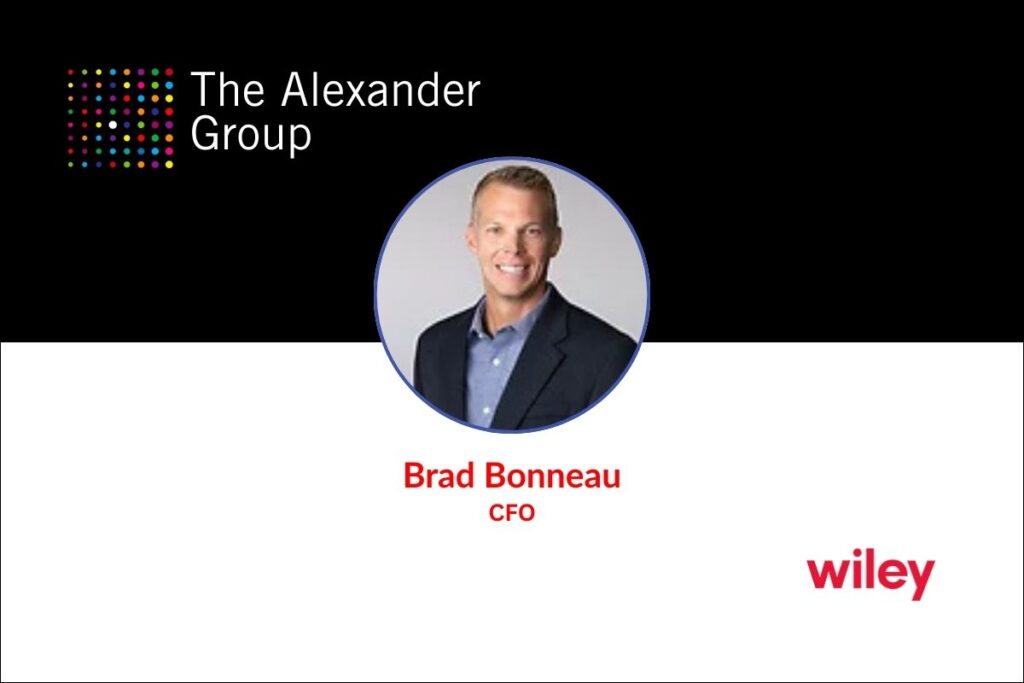
Developing Leadership Capability Across the C-Suite
(A Perspective from Beth Ehrgott, The Alexander Group)
In today’s world of constant disruption — shifting markets, rapid technological tides, uncertain economies — one enduring reality holds: the strength and trajectory of an organization ride on the shoulders of its leaders. For the modern C-suite, leadership development is no longer a checkbox exercise. It’s a strategic, evolving discipline.
Why It Matters
CEOs and the entire C-Suite are asked to operate on multiple planes: deliver positive financial results, build and sustain a growth culture, guide transformation, and anticipate the future. Leadership isn’t a static asset. It’s living, breathing, and must adapt with the same speed and intentionality that companies demand from the rest of the business.
At The Alexander Group, over four decades of working alongside boards and executive teams, we’ve observed that deliberate leadership capability building is the true differentiator of enduring companies. One of the most rewarding aspects of our work is helping clients define what leadership capability really means for their organization — not just for the next hire, but for the company they aspire to become. With preparation, clarity, and courage, these leaders become catalysts for growth and transformation.
The best companies see leadership capability as a long-term investment — cultivating leaders who adapt, innovate, inspire, and translate vision into impact.
Here’s a real-world moment that captures this:
Before beginning two pivotal C-suite searches for a publicly traded biotech client, the CEO and I invested time in reimagining what the leadership team would need two to five years out. Their science was world-class; their pipeline promising. But they lacked scaled commercial leadership globally and enterprise-level strategists who could lead the company through organizational metamorphosis. The CEO recognized that transformation starts with people — but also that leaders must be aligned in vision, drive a “we” culture, and carry both operational grit and strategic imagination. That groundwork shaped not only how we recruited but how the leadership narrative unfolded.
Seven Competencies You Must Cultivate at the Top
1. Strategic Capability
Turning vision into action is both an art and discipline.
Strategic capability means anticipating shifts, connecting the dots, and aligning people and priorities to long-term value. It’s where big-picture thinking meets purposeful execution.
2. Leadership & People EQ
When executives invest in leadership development, it signals that people matter. This isn’t about elevating a few individuals — it’s about shaping the collective DNA of an organization. Emotional intelligence, inclusion, and cultural stewardship turn leadership into a shared language that drives performance.
3. Operational & Cross-Functional Fluency
Complex organizations require leaders who think beyond their verticals. At scale, no function stands alone —appreciating how finance, technology, operations, commercial, and risk intersect leads to smarter decisions and deeper collaboration.
4. Digital & AI Aptitude
Technology has become another business differentiator. C-suite leaders don’t need to code, but they must know how to harness digital tools to unlock opportunity, mitigate risk, and make faster, data-driven decisions.
5. Change Resilience & Agility
Change isn’t an event. It’s constant. Agility helps leaders stay grounded while navigating uncertainty. The best leaders balance steadiness with speed — providing clarity and confidence when everything else feels in motion.
6. Governance & Board Readiness
Today’s executives often operate in the boardroom as well as the business. Understanding governance, fiduciary duty, and board dynamics strengthens stewardship and prepares leaders for broader influence.
7. Personal & Reflective Capacity
Great leadership begins with self-awareness. Reflective leaders pause, learn, and realign — they lead with clear, values-rooted decision-making. These are the quiet levers that help leaders remain authentic, ethical, and sustainable.
A Parting Thought
If leadership capability development is framed merely as a program or HR initiative, it will always fall short. Done right, it becomes part of the operating system — it’s how teams learn faster, collaborate more deeply, and stay one step ahead of disruption.
Over our more than 40 years at The Alexander Group, working with clients globally, we’ve seen how building intentional leadership capabilities not only elevates individual executives but also transforms the enterprise itself. And it’s an honor to partner with leaders who are willing to lean into that work — not just for today, but for what’s next.


















